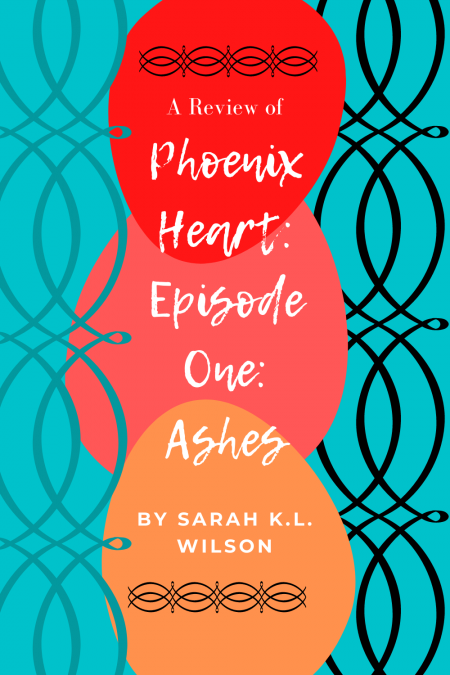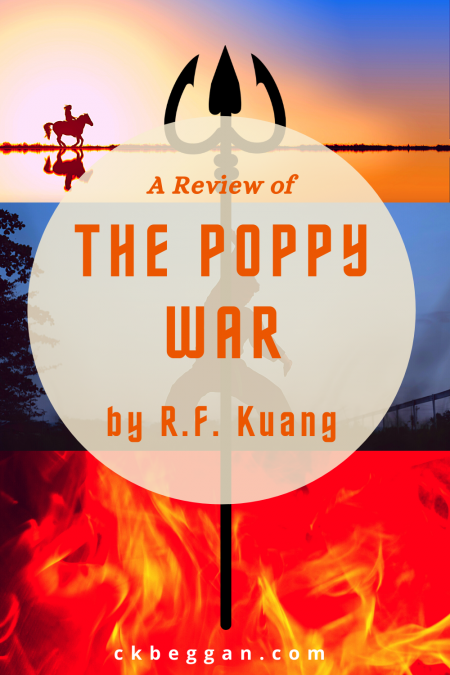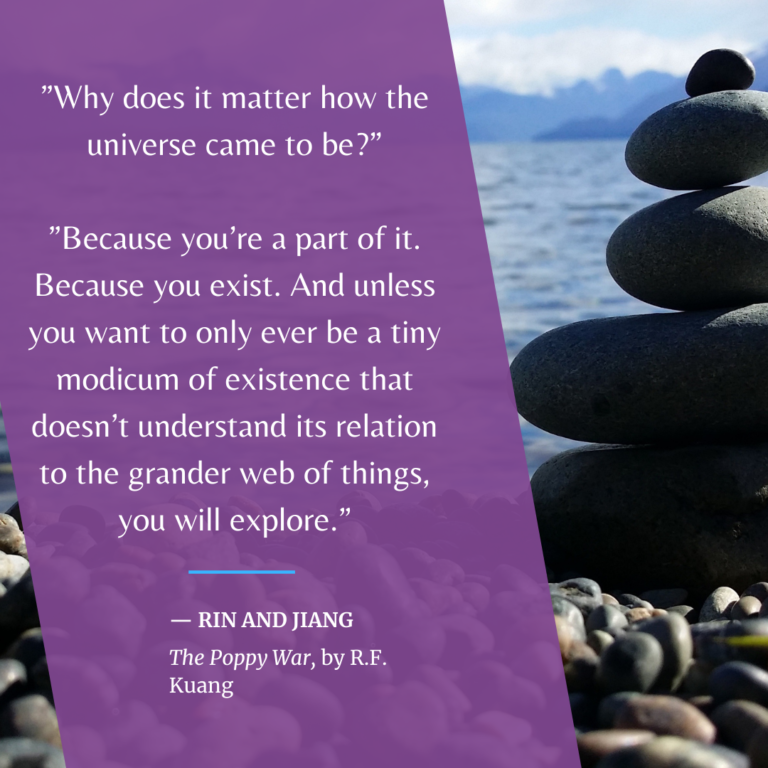
I’m so pleased to see more books coming out with disabled and chronically ill protagonists these days. Phoenix Heart: Season 1, Episode 1: Ashes (yes, a mouthful, but these novellas are being released episodically) has a wonderfully realistic heroine in Sersha, a mute teen at the mercy of her inn-running family. Sersha, whose troubles will feel familiar to many chronically ill/disabled readers, worries about her place in the world, how she’s perceived and what will happen when her family can’t support her any longer.
Ashes can easily be consumed in one sitting (though I recommend savoring Wilson’s emotional writing, if you can stand not seeing what comes next). It follows Phoenix Hope, a free short story available to the author’s mailing list subscribers. I highly recommend reading Phoenix Hope, too, possibly before sitting down with Ashes (the moving story of Sersha’s unlucky patients upstairs at the inn, when their ill-fated journey began).

When Sersha finds herself the unwitting friend of grieving phoenix named Kazmarev (described as “A name with an adventure inside it”), for once, someone knows exactly what Sersha wants to say. She identifies with Kazmarev, but has no idea what’s in store for her, or that flame riders even exist.
When Kazmarev perishes with the dawn, Sersha assumes her own brief adventure is over. “It was like owning a pearl necklace for a day. Couldn’t you just enjoy it instead of being angry that you couldn’t keep it?” Sersha asks herself. She then returns to her precarious, uninteresting life helping her relatives at the inn—just as raiders arrive on the nearby shore.
Ashes shows Sersha, an overlooked young woman and a keen observer, finding an unexpected place in the world, and unexpected friends—both of which put her at the heart of the action. Though there is a complete story arc in Season 1, Episode 1, it’s clear her adventures are just beginning.
Phoenix Heart promises to be a relatively expensive series, which makes me want to ration each episode (readers who get in on the pre-orders will get a better price; as of writing, the first episode of season 2 still up for pre-order). Though uniformly short, the length of each episode varies. The bother comes because I’d love to consume them all at once without worry about the cost. Still, I look forward to reading more of Sersha and Kazmarev’s adventures, even if I wish they could each last—even just a tiny bit—longer.
To learn more about this author, visit Sarah K.L. Wilson’s website.



